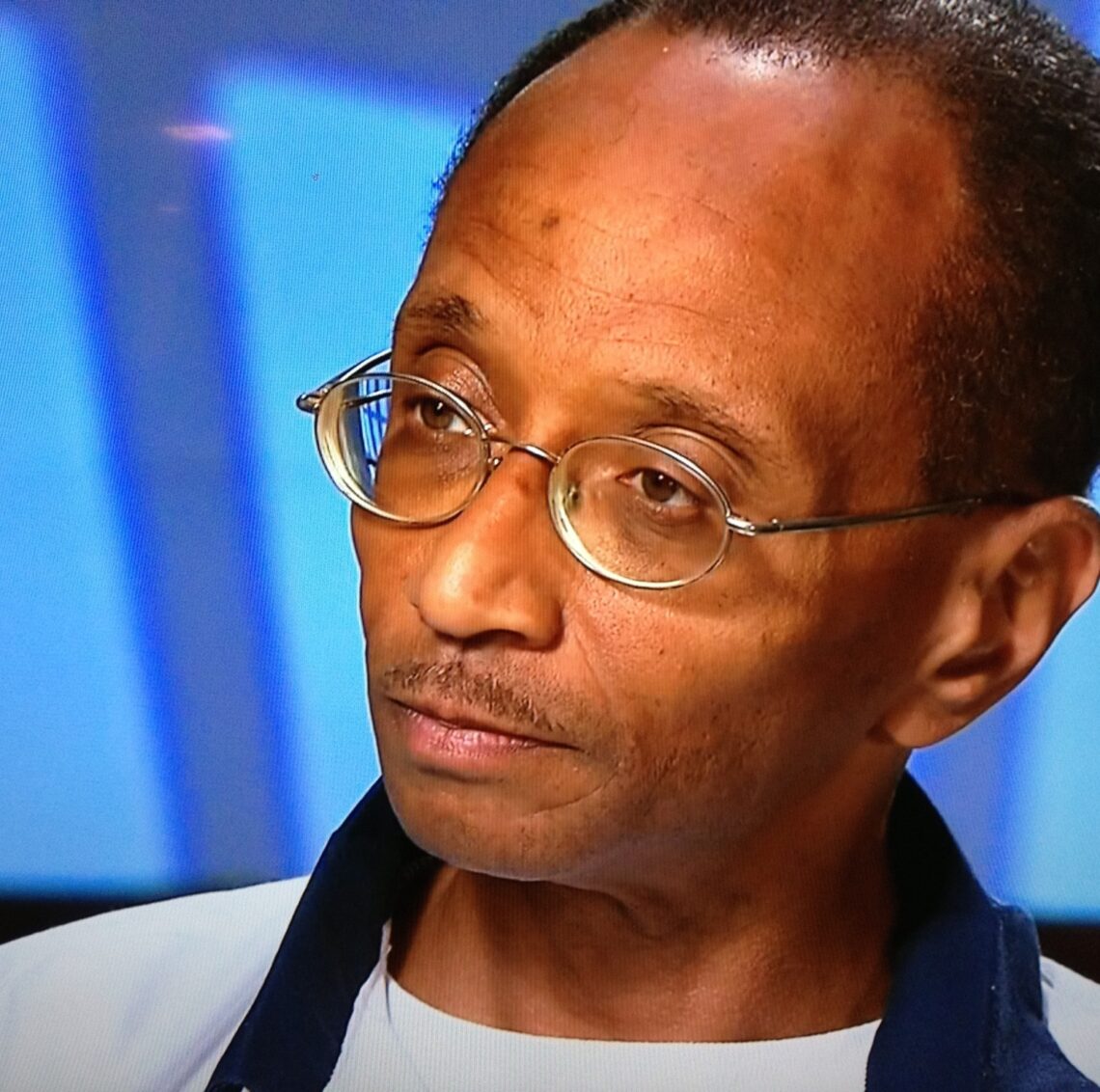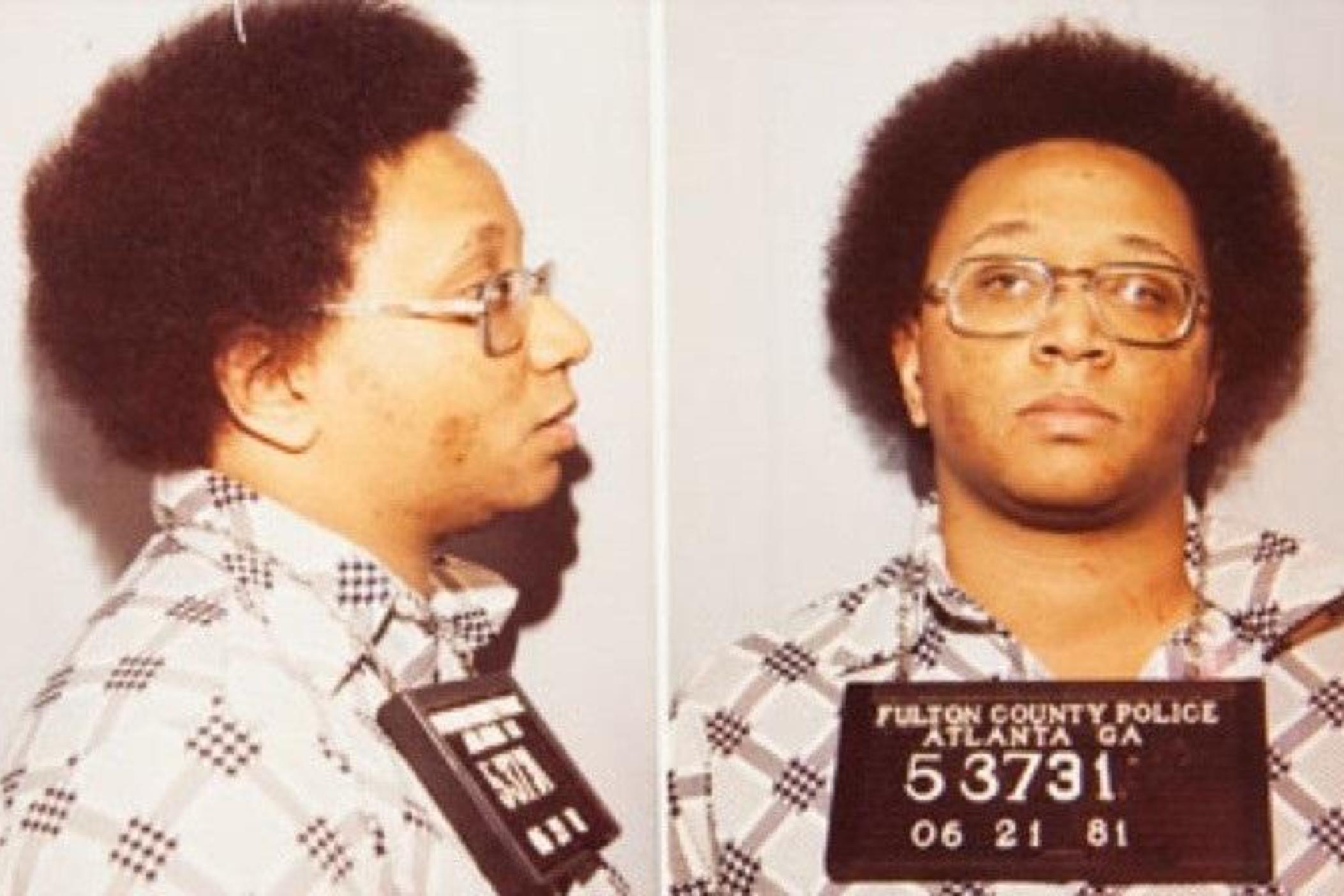Was Wayne Williams, a man convicted of two murders in Atlanta, Georgia, truly the mastermind behind the Atlanta Child Murders, a series of horrifying crimes that shook the city to its core?
Despite a conviction for only two adult murders, the evidence, circumstantial as it was, and public perception overwhelmingly point to Williams as the perpetrator of the child killings that terrorized Atlanta between 1979 and 1981. The case remains a complex tapestry of forensic evidence, suspicion, and lingering doubt.
Born in Atlanta in 1958, Wayne Bertram Williamss life became inextricably linked with a dark chapter in the city's history. His name became synonymous with the Atlanta Child Murders, a series of abductions and murders that claimed the lives of at least 23 children and young adults, primarily African-American boys, during a two-year period. While Williams was never directly charged with these crimes, the evidence presented during his trial, alongside the context of the investigation, created a compelling, albeit contested, narrative.
| Category | Details |
|---|---|
| Full Name | Wayne Bertram Williams |
| Date of Birth | May 27, 1958 |
| Place of Birth | Atlanta, Georgia, USA |
| Parents | Homer and Faye Williams |
| Education | Graduated from high school and showed interest in radio and journalism |
| Occupation | Aspiring Music Producer, Freelance Photographer |
| Convictions | Two counts of murder (adult victims) |
| Alleged Involvement | Prime suspect in the Atlanta Child Murders |
| Sentence | Serving two life sentences |
| Current Status | Incarcerated in a Georgia state prison |
| Notable Associations | Linked to the deaths of Cater and Jimmy Ray Payne |
| Location of Crimes | Atlanta, Georgia |
| Years of Activity | 1979-1981 (Atlanta Child Murders) |
| Evidence | Fiber evidence, circumstantial evidence, witness testimonies |
| Controversy | Ongoing doubts about guilt, questionable investigative tactics, lack of direct evidence for child murders |
| Victims (Child Murders) | At least 23, primarily young African-American males |
| Reference | Wikipedia - Wayne Williams |
The investigation into the Atlanta Child Murders was a tense, high-stakes affair. The city was gripped by fear as the bodies of young victims were discovered, often in wooded areas or along the Chattahoochee River. The Atlanta Police Department, alongside the FBI, launched a massive investigation. The pressure to find a culprit was immense, and the public demanded answers. This intense atmosphere undoubtedly shaped the investigation and influenced the narrative that emerged.
One of the key pieces of evidence that linked Williams to the crimes was fiber analysis. Fibers found on several of the victims were matched to fibers found in Williams's home and his parents' Chevrolet station wagon. This forensic link became a cornerstone of the prosecution's case. During questioning, Williams stated he was on his way to audition a woman as a singer. However, the testimony was not taken positively by the authority and created more suspicions on him.
The 1982 trial of Wayne Williams was a media spectacle, albeit one conducted in an era before widespread courtroom cameras. The lack of video coverage, however, did not diminish the case's impact or the public's fascination. The prosecution built its case primarily on circumstantial evidence, with the fiber analysis playing a pivotal role. While Williams was convicted of the murders of two adult men, Cater and Jimmy Ray Payne, the evidence was considered by many to be enough to link him to the killings of the children.
- Exploring The World Of Hdhub4u 2024 Your Gateway To Entertainment
- Unveiling The Magic Of Vegas 21 A New Era Of Entertainment
The jury's verdict, though seemingly conclusive, has failed to silence the doubts. Many questions persist. Some people, even today, believe Williams was wrongly convicted, pointing to the absence of direct evidence connecting him to the child murders and questioning the integrity of the investigation. Alternative theories have circulated for years, suggesting other possible perpetrators or the involvement of a wider conspiracy. These skeptics highlight the reliance on circumstantial evidence and the lack of definitive proof as grounds for reasonable doubt.
The case of Wayne Williams also raises difficult questions about race and justice. The majority of the victims in the Atlanta Child Murders were young Black men, a tragic fact that, at times, intersected with the racial tensions of the time. Many felt the police were slow to respond initially because of the race of the victims, further fueling distrust in the community. The investigation and the trial itself became entangled with broader conversations about racial bias in the criminal justice system. Moreover, in this case, the families of the victims, as one of the most hurt groups, have been constantly disappointed, having been pushed around by the ones that the families trusted to solve the case.
The "ATKID" case, as it was known in police files, remains a chilling reminder of a time when a city was gripped by fear. The city's then-mayor, Keisha Lance Bottoms, who was a school student at the time of the killings, has stated she vividly recalls the relentless warnings of not going outside alone. The scale of the tragedy and the fact that the killer, or killers, were never definitively identified in all the cases continues to haunt Atlanta.
The forensic techniques used in the Williams case, while cutting-edge at the time, have been subject to scrutiny in subsequent years. Advancements in DNA technology, for instance, have created new avenues for re-examining evidence. In recent years, there have been efforts to analyze old DNA evidence, hoping to shed new light on the case and offer solace to the victims' families. The fact that new examinations are taking place underlines the persistent desire for answers and the ongoing pursuit of justice.
The story of Wayne Williams and the Atlanta Child Murders also continues to captivate the public. From documentaries and podcasts to fictionalized accounts, the case remains a topic of intense interest. The second season of the Netflix series Mindhunter featured a fictionalized portrayal of the investigation, introducing the case to a new generation. All these factors suggest a sustained fascination with the case and the enduring quest to understand the motives behind the heinous crimes committed in Atlanta.
In conclusion, the Wayne Williams case is far from closed, even after four decades. While he sits in prison serving life sentences, the doubts about his guilt in the child murders remain. The case highlights the challenges of the criminal justice system. The fiber evidence, the FBI profile, the podcast, and alternative theories are proof that the controversy is not over yet. The lasting impact on the city of Atlanta and the families affected serves as a grim testament to the enduring impact of unsolved crimes and the persistent search for justice.


